Are you passionate about the ever-evolving world of technology, design and innovation? As an electrical or electronic engineer, you’ll be at the forefront of innovation, designing cutting-edge technologies that power our world.
Electrical engineers design, build and maintain electrical systems that generate, transmit and distribute electrical power, they also design and develop electrical machines and equipment and design, fit and maintain electrical service to buildings and facilities.
Electronics engineering is a sub-sector of electrical engineering. As an Electronic Engineer, you’ll be at the forefront of developing and advancing cutting-edge electronic systems. You’ll design, develop, apply, and maintain electronic circuits, and devices in areas such as computer hardware, robotics, communication equipment, audio visual systems, consumer electronics, automation and control systems.
Whichever field you decide to work in, you’ll employ your analytical and problem-solving skills to design, test and optimise systems and devices, ensuring their efficiency, reliability and functionality. As an electrical or electronic engineer, you’ll be at the forefront of technological advancements, contributing to breakthroughs in diverse industries. Embrace a career that offers intellectual stimulation, competitive rewards, and the chance to make a meaningful difference in the world.
1000

Lorem ipsum dolor sit amet, consectetur adipiscing elit. Ut elit tellus, luctus nec ullamcorper mattis, pulvinar dapibus leo.
Working at sea can be physically and mentally demanding, but the satisfaction of a job well done can be very rewarding.
The dynamic and ever-changing environment at sea can be both challenging and exciting, and offers a unique work experience that sets it apart from traditional land-based careers.
Life at sea can foster a strong sense of community, as crew members work and live closely together for extended periods of time.
Lorem ipsum dolor sit amet, consectetur adipiscing elit. Ut elit tellus, luctus nec ullamcorper mattis, pulvinar dapibus leo.
You’ll have the choice of a diverse range of career paths, exploring different industries and areas of interest before specialising in your chosen field.
Through your work, you can contribute to advancements in technology, improve communication systems, enhance energy efficiency, develop life-saving medical devices, and positively influence people's lives.
You’ll enjoy practical experimentation and prototyping, working with circuit components, test equipment and simulation tools to bring your ideas to life and see the tangible results of your work.
New technologies and methodologies are emerging every day, providing opportunities for lifelong learning, professional growth and a dynamic and intellectually stimulating career.
The skills and knowledge gained as an electrical or electronic engineer are transferable worldwide, opening up opportunities to work in different countries, collaborate with international teams, and experience diverse cultures and work environments.
You’ll play a vital role in developing sustainable technologies and reducing environmental impact. Through energy-efficient designs, renewable energy systems, and eco-friendly solutions, you’ll contribute to a greener and more sustainable future.
To become an Electrical Engineer, you’ll need a strong foundation of STEM subjects at school. Then, you can choose to study A Levels in maths, electronics and sciences, or a technical diploma or T Level. Alternatively, you could consider an apprenticeship where you’ll enjoy hands-on, practical experience in engineering or electrical engineering. You could progress into higher education with a degree in Electronic Engineering or Electronic Systems Engineering.
The South Coast Institute of Technology can offer you a range of routes into the industry including diplomas and apprenticeships. If you’re unsure what level you should be applying for you can find out more how all of the levels compare here
How do I start bullets



To become an Electrical Engineer, you’ll need a strong foundation of STEM subjects at school. Then, you can choose to study A Levels in maths, electronics and sciences, or a technical diploma or T Level. Alternatively, you could consider an apprenticeship where you’ll enjoy hands-on, practical experience in engineering or electrical engineering. You could progress into higher education with a degree in Electronic Engineering or Electronic Systems Engineering.
The South Coast Institute of Technology can offer you a range of routes into the industry including diplomas and apprenticeships. If you’re unsure what level you should be applying for you can find out more how all of the levels compare here
Copyright © Southcoast Institute of Technology 2025
Feeder courses are…
Lorem ipsum dolor sit amet, consectetur adipiscing elit. Curabitur laoreet dui non elementum venenatis. Fusce ultricies non neque id cursus. Duis dictum nibh nec leo convallis pellentesque. Curabitur lacus ligula, tempus bibendum est eget, pellentesque dignissim nunc. Maecenas dapibus nibh eget sem tincidunt